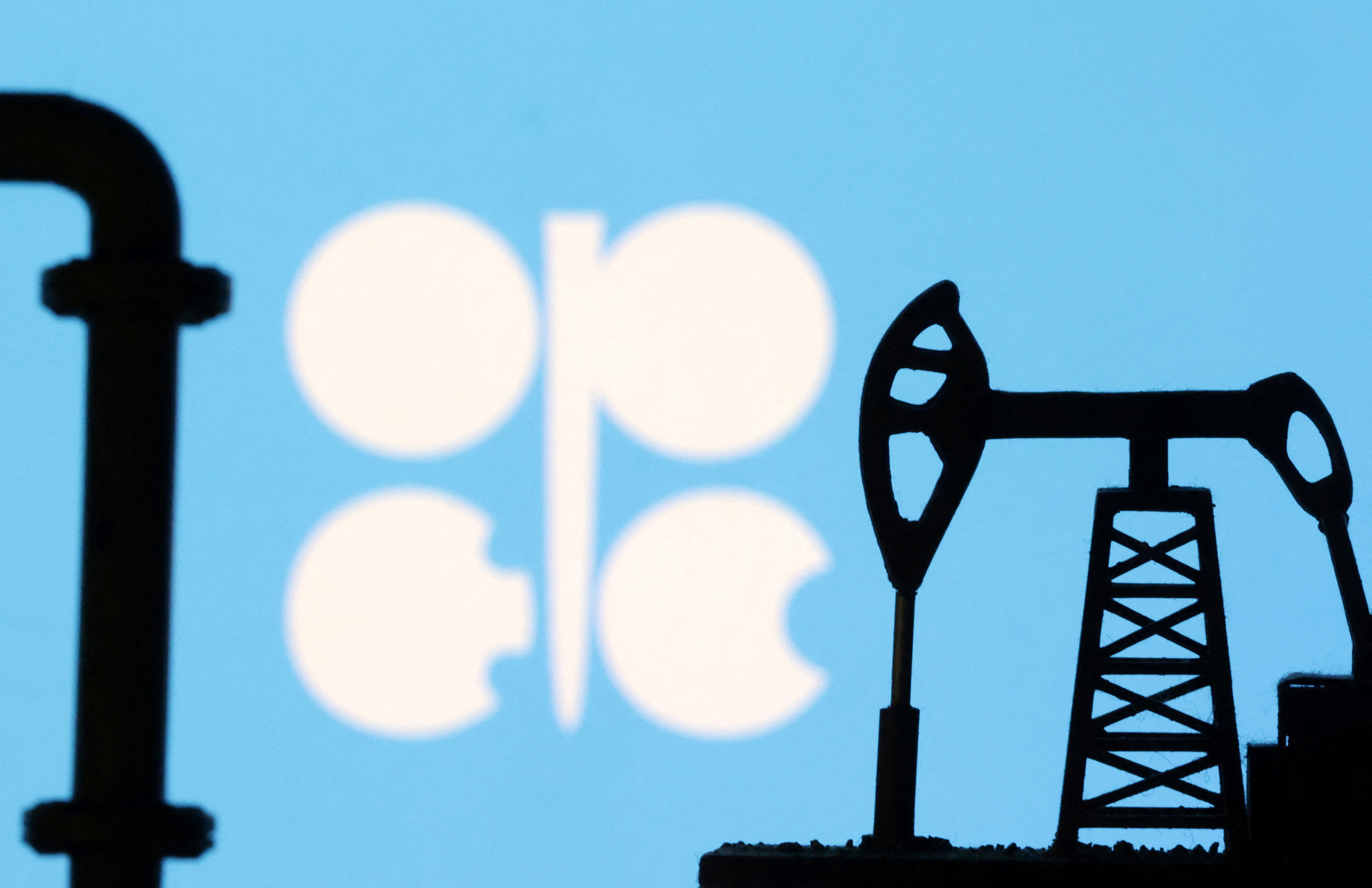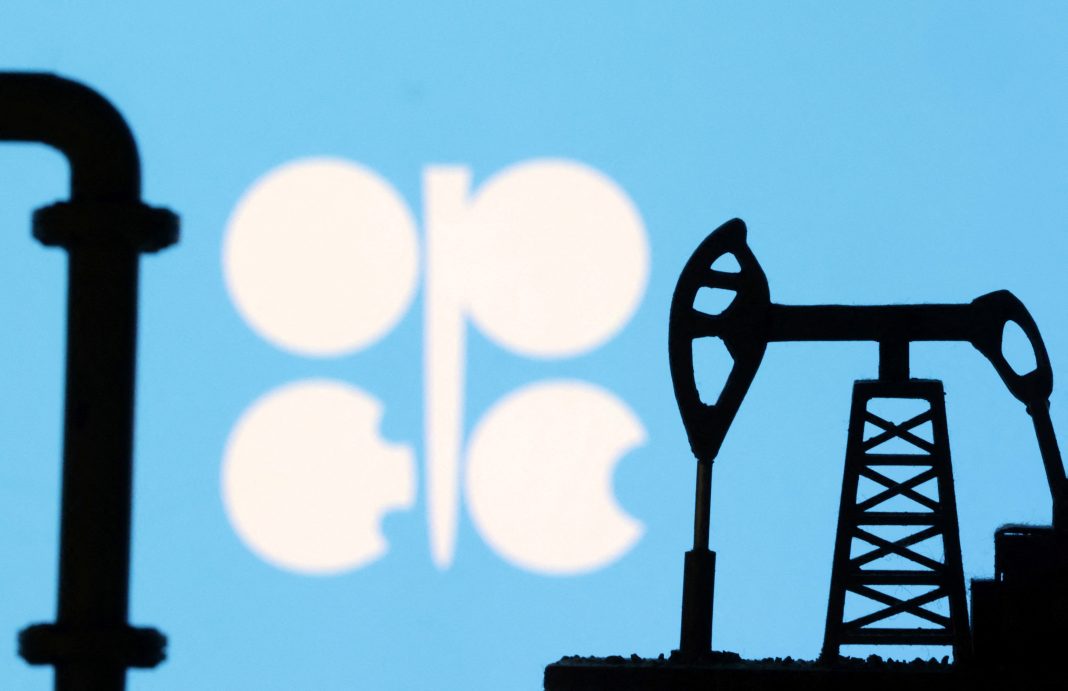 OPEC+ Extends Oil Output Cuts to Stabilize Market
OPEC+ Extends Oil Output Cuts to Stabilize Market
In an effort to support the stability and balance of oil markets, OPEC+ nations have agreed to continue keeping daily oil output lower by nearly 4 million barrels a day. This decision, made by nations including Saudi Arabia, Russia, and the United Arab Emirates (UAE), could resist any downward pressure on prices through the election season. The consortium met on June 2 and decided to extend the oil output cuts announced last year.
The original cuts, which included a daily reduction of 1.65 million barrels announced in April 2023, will now be extended until the end of December 2025. Additionally, the 2.2 million barrels per day of production cuts announced in November 2023 were originally scheduled to end in September 2024 but will now be gradually phased out on a monthly basis by September 2025. It’s worth noting that this reduction may be paused or reversed based on market conditions.
The main goal of the OPEC+ meeting was to reinforce efforts to support the stability and balance of oil markets. Since April 2023, Brent crude oil has traded within the range of $70 to $100 per barrel, with prices currently around $80 per barrel as of June 3. While oil prices have declined since hitting $90 in early April, gasoline prices in the United States have remained between $3 and $4 per gallon during this period, with a brief peak around $4 per gallon in August-September last year. Currently, gasoline prices are trading at around $3.60 per gallon.
Patrick De Hann, an oil and refined products analyst at GasBuddy, stated that motorists can expect to see gas prices declining in the coming weeks but there may be more potential price fluctuations in July and August depending on demand. The GasBuddy 2024 Fuel Outlook report predicted U.S. gasoline prices to get closer to $4 per gallon as the summer season approaches. However, uncertainties are expected with hurricane season in late summer.
Rising gasoline prices contribute to inflation, which has remained between 3 and 4 percent since June last year, above the U.S. Federal Reserve’s target rate of 2 percent. This puts an additional burden on citizens. To address this issue, the Biden administration announced plans to reduce gasoline prices by releasing one million barrels of gasoline from the strategic reserves. The government aims to cut pump prices ahead of the busy summer season.
However, this move has faced criticism from political opponents who claim it is solely for political purposes. Senator John Barrasso and Representative Cathy McMorris Rodgers sent a letter to Energy Secretary Jennifer Granholm, expressing concerns about the continued depletion of the Strategic Petroleum Reserve (SPR). They accused the administration of abusing the SPR for political purposes to bring down high inflation caused by the government’s push for “green” energy policies.
When President Biden took office, the SPR had 638 million barrels, but it has now been reduced to 367 million barrels, a 42 percent decline. The Republicans urged Granholm to ensure that the SPR is not abused for political purposes in this election year.
On the other hand, Democrat senators have called for an investigation into alleged price fixing in the oil industry. They wrote a letter to Attorney General Merrick Garland, asking the Department of Justice (DOJ) to look into evidence of price fixing uncovered during a probe by the Federal Trade Commission. The letter claimed that former Pioneer CEO Scott Sheffield colluded with OPEC to reduce oil and gas output, resulting in higher prices at the pump and increased profits for his company. This alleged price fixing poses a national security threat and could benefit America’s rivals like Iran and Russia.
In conclusion, while the Biden administration is taking steps to reduce gasoline prices through measures like tapping into strategic oil reserves, there are concerns about the depletion of these reserves and allegations of price fixing in the oil industry. The decisions made by OPEC+ to extend oil output cuts will play a significant role in stabilizing the global oil market and influencing prices. The impact of these developments on domestic prices will depend on how OPEC decides to manage the global oil supply.

